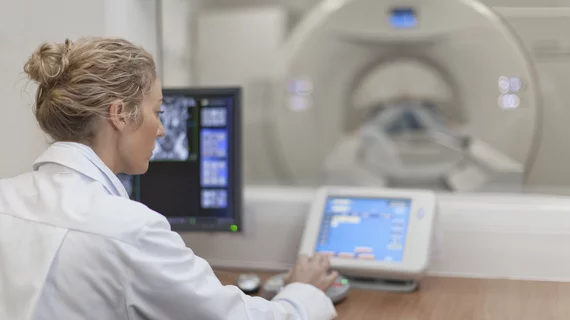New topics added to ACR Appropriateness Criteria for 2019
Today, the American College of Radiology (ACR) has announced the addition of seven new and 19 revised topics to its ACR Appropriateness Criteria—which includes 186 diagnostic imaging and interventional radiology topics regarding more than 1,600 clinical scenarios.
“These evidence-based, expert-developed guidelines have long been recognized across the medical field as a national standard,” Frank J. Rybicki, MD, PhD, chair of the ACR Committee on Appropriateness Criteria, said in a prepared statement. “As we rapidly approach the beginning of the mandatory consultation of appropriate use criteria (AUC) under the Protecting Access to Medicare Act (PAMA), these resources are becoming even more important to the practice of medicine.”
New topics include the following:
- Abdominal Aortic Aneurysm Follow-up (Without Repair)
- Acute Mental Status Change, Delirium, and New Onset Psychosis
- Nonatherosclerotic Peripheral Arterial Disease
- Scoliosis-Child
- Suspected Appendicitis – Child
- Suspected Spine Trauma – Child
- Thyroid Disease
Medical providers may consult the ACR Appropriateness Criteria guidelines to fulfill requirements under PAMA (H.R. 4302) in consulting AUC prior to ordering advanced diagnostic imaging for Medicare patients.
“The ACR Appropriateness Criteria are evidence-based guidelines to assist referring physicians and other providers in making the most appropriate imaging or treatment decision for a specific clinical condition,” according to the ACR website. “Employing these guidelines helps providers enhance quality of care and contribute to the most efficacious use of radiology.”

